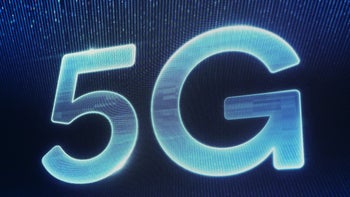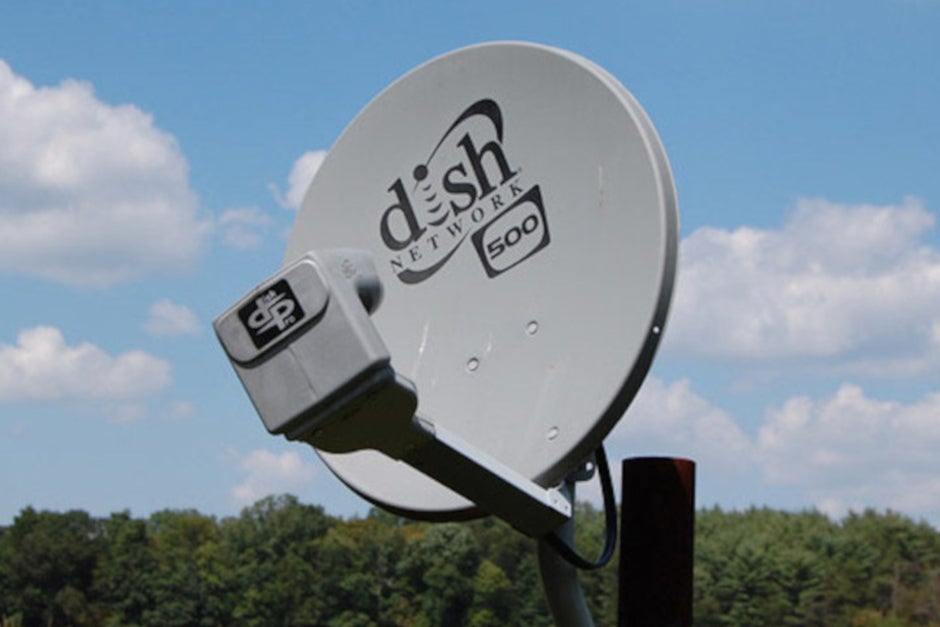Dish adds more cell towers and bids for more spectrum as it builds its 5G network

As part of its deal with T-Mobile paving the way for the latter to purchase Sprint, the Department of Justice (DOJ) wanted a company to replace Sprint to become the "fourth nationwide facilities-based network competitor." The DOJ looks for anti-trust violations and monopolies and it worried that reducing the number of major U.S. carriers by 25% from four to three would reduce competition in the industry. The regulatory agency feared higher pricing for consumers as a result.
Dish buys more cell towers and 5G spectrum
The deal with the DOJ resulted in Sprint selling its prepaid businesses to Dish Network along with 9.3 million subscribers, 400 employees and over 700 retail locations. Fierce Wireless reports that Dish has inked a seven-year MVNO pact with T-Mobile that allows it to sell wireless service under the Dish name while the satellite firm builds out its own 5G network. According to Fierce Wireless, Dish agreed to a deal with Harmoni Towers, Mobilitie, Parallel Infrastructure, Phoenix Towers International, Tillman Infrastructure, Tower Ventures and Vogue Towers. The deal gives the firm access to 4,000 macro towers covering various parts of the U.S. The financial details of the transaction were not revealed and neither was an exact breakdown of the number of towers that each firm is giving up in the agreement. As part of the deal, the tower companies will provide services that will make it faster for Dish to deploy 5G radios on the towers.

Dish is adding 4,000 more cell towers and mid-band spectrum as it builds out its 5G standalone network
Dave Mayo, Dish's Executive Vice President of Network Development, says, "Securing strong tower partners is a key component of any network expansion, and is tremendously important for DISH's rapid roll-out of a new nationwide 5G network. Each of these new tower partners will play an important role in bringing or network to life, connecting next-generation wireless service to American consumers and enterprises." Dish will reportedly have its first major market up and running for its stand-alone 5G towers in Q3 of this year. That would include the time period from July through the end of September. It seems that Fujitsu was late in delivering radios.
Lawrence Gleason, president of Harmoni Towers, said in a statement,"We believe our growing portfolio of newly constructed towers provides a unique opportunity to quickly and efficiently deliver the wireless infrastructure solutions DISH requires." Christos Karmis, president & CEO of Mobilitie, said, "Mobilitie is proud to be partnering with DISH to support the aggressive buildout of its new national 5G network. With our national portfolio of infrastructure assets, Mobilitie's top tier team, and our deep experience working with major US cities, we are looking forward to a long-term relationship supporting Dish's state-of-the-art network and their ground-breaking progress as the industry's newest national wireless carrier."
Dish says that it is on track to reach the 15,000 sites it needs for minimum coverage. The deal it made with U.S. regulatory agencies demands that Dish build out a wireless network that covers 70% of the U.S. population by June 2023.
T-Mobile was dying to acquire Sprint, but it had nothing to do with picking up the struggling carrier's operations. Actually, it was all about 5G. T-Mobile wanted to acquire Sprint's hoard of mid-band 2.5GHz spectrum. The rare mid-band signals are being used by T-Mobile to complete its 5G triple layer cake. Mid-band signals travel longer distances than mmWave spectrum does and deliver faster download data speeds than low band. Once all of the dust settles, using the layer cake approach is supposed to help T-Mobile bring the fastest 5G speeds to the masses in the U.S.
The FCC recently auctioned off spectrum in the C-band (3.7GHz-3.98GHz) and heavy demand for the rare mid-band spectrum helped generate a record $80.9 billion in proceeds. Most analysts believe that Verizon spent the most in the auction (and this is very good news for Verizon and its mmWave-heavy 5G network). New Street analysts last month predicted that Big Red spent $29 billion for 100MHz of C-band spectrum with AT&T next; the latter is estimated to have bid $24 billion for 85MHz of mid-band airwaves. T-Mobile might have spent $13 billion for 45MHz with Dish and others spending $15 billion for 50MHz of spectrum.













Things that are NOT allowed: